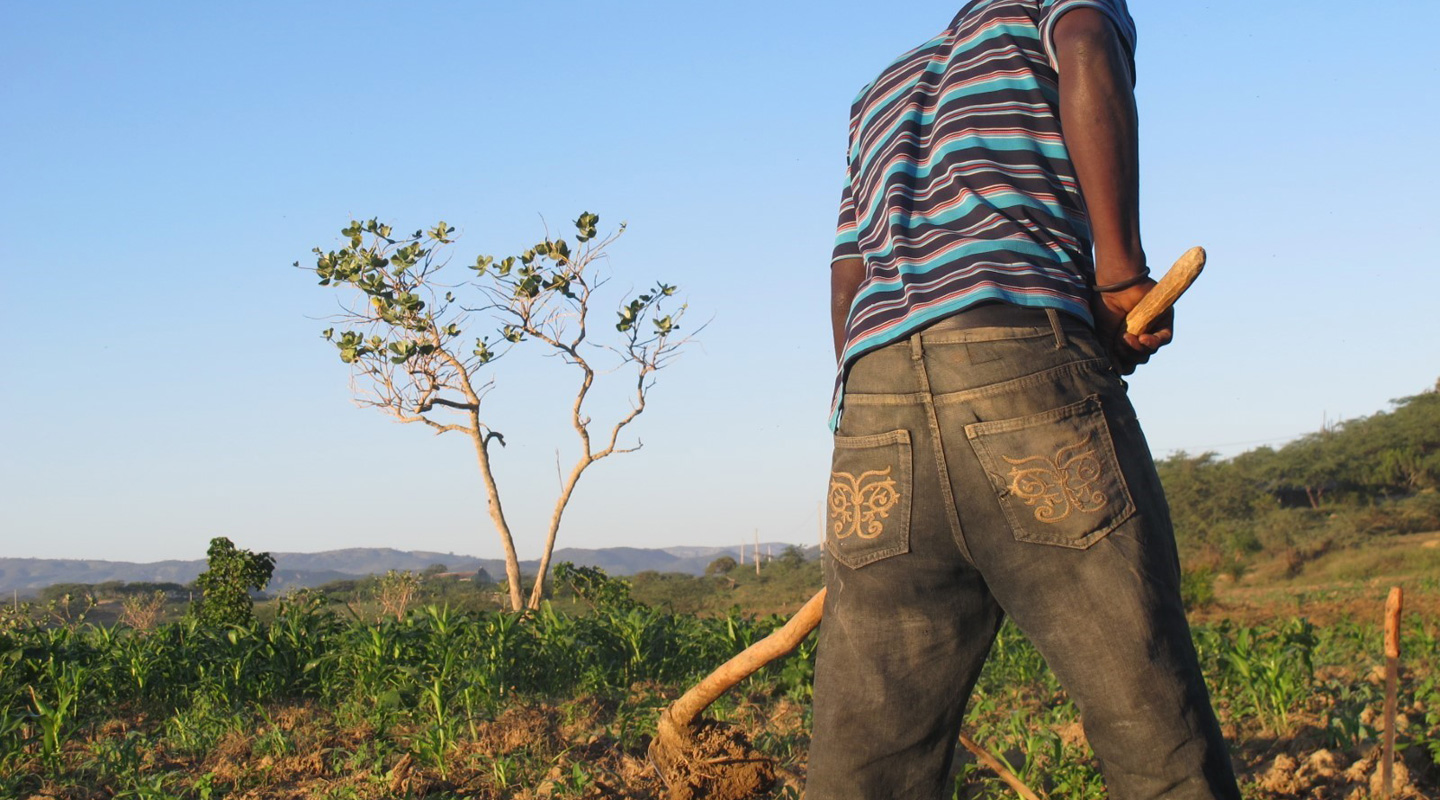Why rural development in Haiti matters, even during emergencies
IFAD Asset Request Portlet
Asset Publisher
Why rural development in Haiti matters, even during emergencies
Estimated reading time: 5 minutes
Haiti's path to development has long been hindered by multiple barriers. From natural disasters to political unrest and economic fragility, the country has been struggling to achieve stability for decades.
But the outlook has rarely looked bleaker for the country and its 11 million people, nearly half of whom are food-insecure, than it does today.
The current crisis – which reached a new peak with the assassination of former president Jovenel Moïse in 2021 and was followed closely by a violent earthquake – has deteriorated further in recent weeks, with armed gangs closing their grip on most of the capital, Port-au-Prince.
Currently, gangs control all major entry points into the island nation’s capital, making it difficult to deliver much-needed goods, including food, fuel and water.
Why IFAD is in Haiti
IFAD has been supporting rural Haitians since the 1980s, reaching over 100,000 rural families so far. We implement irrigation systems, improve agricultural production and productivity, provide inputs and technical assistance, and build roads to improve farmers’ access to markets.
Today, IFAD continues supporting development projects in Haiti through a partnership network that keeps delivering goods and services in rural areas.
We do this because to achieve sustainable, lasting change we simply cannot forget about longer-term development, even as we respond to immediate needs. If we neglect this, the demand for humanitarian aid will keep growing.
Our projects and how they’re affected
For the most part, rural areas are not directly affected by the current violence. This does not mean, however, that rural people are not impacted.
Shipments and transport have been disrupted as gangs patrol the major roads leading to and from the capital. Power supplies are unreliable and there are frequent outages. The offices of two IFAD-supported projects were looted. As a result, our operations have slowed down.
Currently, we are funding three ongoing projects in Haiti. In the south, we are financing Farmers’ Field Schools, increasing agricultural productivity and improving the use of natural resources. In the north-east, an IFAD-funded project is protecting mangroves along the coastline and building an economy based on local marine resources. As part of our response to the impacts of COVID-19, IFAD is supporting the rehabilitation of irrigation schemes, ensuring that small-scale farmers can keep producing despite huge disruptions.
Our plans for a fourth project with WFP, FAO and ILO to enhance food security and value chains in the south-east of the country are still going ahead, despite the current crisis.
What we are doing in response to the crisis
We are committed to continuing operations at least at a minimum level. For example, we are sourcing supplies locally, so they do not have to pass through the capital. Project staff in rural areas are continuing their essential work, while our staff in the capital are working from home to ensure their safety.
For the 600,000 rural people who IFAD and our partners invest in, it is vital that we continue to support local rural development initiatives, so they can build sustainable resilience and weather turbulent times.
Working in fragile countries is difficult, but that’s exactly why IFAD must be present – in Haiti, Yemen, Somalia, Sudan and anywhere that rural people need support more than ever. While the situation in many of these places is dire, I can't begin to imagine how much worse it would be if IFAD were not on the ground supporting those who need it most.
Our mandate is to invest in rural people, no matter where they are or how challenging it may be. By working with the people who are fuelling rural communities – small-scale farmers – we can effectively build more stable societies, from the ground up.
Publication date: 08 April 2024